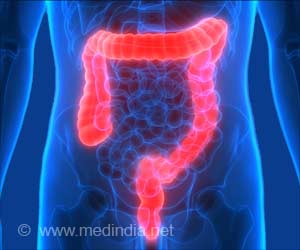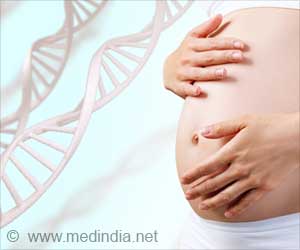Irritable Bowel Syndrome (IBS) can be triggered by disruptions in the microbiome present in the human gastrointestinal tract.
- The human intestine is home to around 10,000 different types of microorganisms
- Disruptions in the human gastrointestinal tract’s microbiome can cause irritable bowel syndrome (IBS)
- In IBS patients, the gut bacterial flora is less diversified than in healthy people
What Triggers Irritable Bowel Syndrome
IBS can be triggered by disruptions in the human gastrointestinal tract’s microbiome. Bloating, diarrhea and stomach pain or cramps are common symptoms of IBS.Previous studies of gut flora in IBS patients have been controversial, with contradictory results due to small sample sizes and a lack of uniform analytical methodologies, according to Shim. The researchers analyzed 576 IBS patients and 487 healthy controls using a ‘unified data processing and analytical strategy’ after combining their dataset with 9 existing, shareable datasets.
Is Gut Bacteria Linked with Irritable Bowel Syndrome
According to Shim, the researchers discovered that the gut bacterial community is less varied in IBS patients than in healthy people. Furthermore, the prevalence of 21 bacterial species varied between IBS patients and healthy controls. However, due to the limited sample size, the findings in the pediatric group were not statistically significant.The researchers proved that the disturbed gut bacteria “is associated with IBS, though this does not mean that the relationship is causal,” said Shim. “Functional studies are needed to prove whether the change in gut micro-organisms contributes to the development of IBS.”
What Causes Irritable Bowel Syndrome
Even though IBS is a common disorder, its pathogenesis remains unknown, and yet there is no effective treatment strategy. “Based on the epidemiological studies of IBS patients, altered gut microbiota was proposed as one of the possible causes of IBS,” the researchers write. “Acute bacterial gastroenteritis can cause chronic, asymptomatic, low-grade intestinal wall inflammation sufficient to alter neuromuscular and epithelial cell function.”Source-Medindia
















